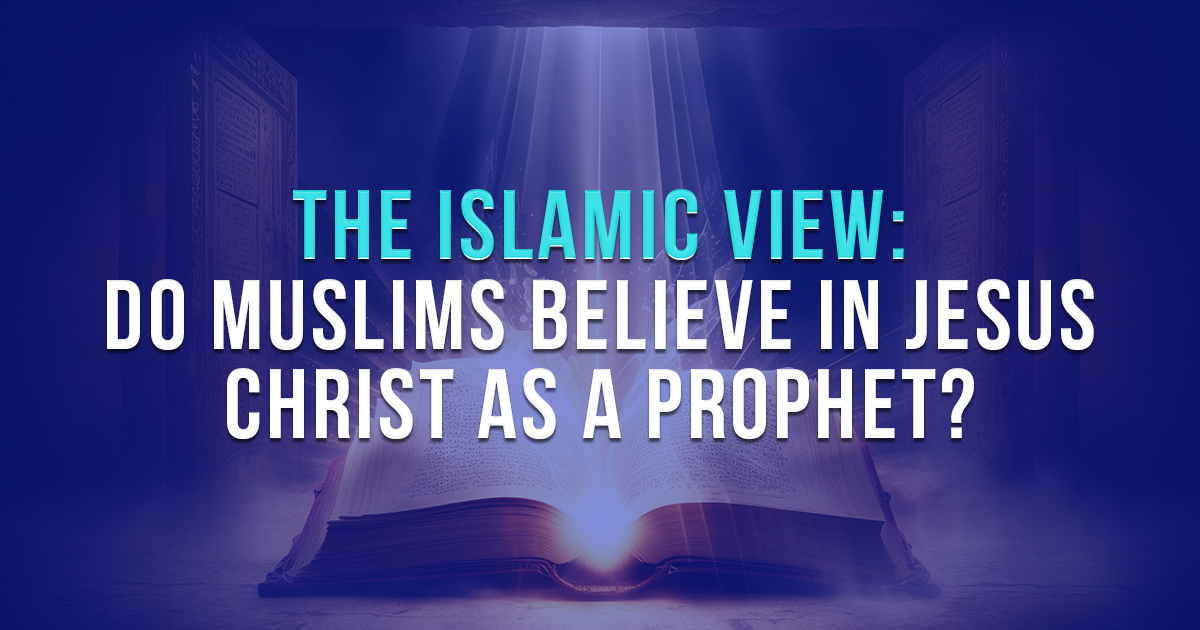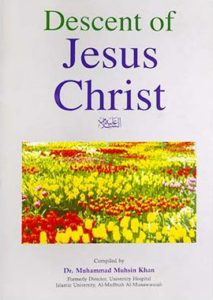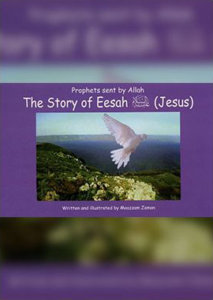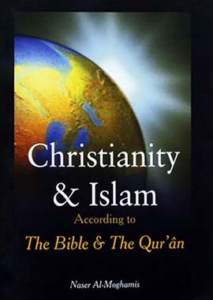Amidst the spectrum of religious beliefs around the world, one major point of convergence between Islam and Christianity is the figure of Jesus Christ. However, the nature of this belief is what sets the two faiths apart. Within Islamic theology, Jesus Christ is indeed revered, but not in the divine sense as Christianity upholds.
Here, in this blog by Darussalam UK, we explore the Islamic perspective on Jesus Christ, known as Isa (AS) in Arabic, and how he is woven into the tapestry of the Islamic faith.
Introduction to Jesus in Islam
In Islam, Jesus Christ is recognized as one of the noble Prophets sent by Allah to guide humanity. His life, mission, and virtues are mentioned in the Quran with profound respect.
Understanding Jesus’ Prophethood in Islam
Quranic Affirmation: The Quran acknowledges Jesus as a Prophet and a righteous messenger of God (Quran 3:52).
Virgin Birth: His miraculous birth to the Virgin Mary is affirmed in the Quran and is seen as a sign of God’s power (Quran 19:20-21).
Explore Our Islamic Faith Books to Enrich Your Knowledge
The Mission of Prophet Jesus in Islamic Teachings
The narrative of Jesus’ life and mission in Islamic scripture provides a fascinating insight into how Muslims perceive his historical and spiritual influence.
Bringing a Message of Monotheism
Divine Gospel: Jesus was given a holy scripture known as the Injeel (Gospel) and was tasked to reaffirm the message of Tawheed (the Oneness of God).
Miracles as Signs: Like other prophets, Jesus performed miracles, including bringing the dead to life and healing the sick, but always attributing these wonders to God’s permission (Quran 5:110).
Advocating for Righteousness and Piety
Ethical Teachings: Jesus’s life is presented as a model of piety, asceticism, and devotion to God’s will (Quran 3:46).
Jesus’ Role in the End Times According to Islam
Unlike in Christianity, Jesus in Islam is not seen as the ‘Son of God’ or part of a divine trinity. His second coming, however, is a significant part of Islamic eschatology.
The Second Coming of Jesus
A Leader of Righteousness: Muslims believe that Jesus will return near the Day of Judgment to restore justice and defeat the false messiah (Dajjal).
Unity of Message: His return signifies the alignment and culmination of the Abrahamic faiths’ messages under the banner of Islam.
Distinctions Between Jesus in Islam and Christianity
The Concept of Divinity
Prophet, Not God: In Islam, Jesus is strictly a human prophet without any divine attributes.
Rejecting the Crucifixion: While Christians view Jesus’ crucifixion as a cornerstone of their faith, Islam contends that Jesus was not crucified, but rather, it appeared so, and God raised him (Quran 4:157-158).
The Title of ‘Messiah’
Messianic Qualities: Islam also bestows the title of ‘Messiah’ upon Jesus, interpreting it to signify his miraculous birth and distinguished status as a Prophet, not as a savior figure.
The Respectful Veneration of Jesus in Muslim Cultures
Across the Islamic world, Jesus is considered an important figure in the moral and spiritual landscape.
Honoring Mary and Jesus
Veneration of Mary: She is regarded as the most exalted among women, and an entire chapter of the Quran (Surah Maryam) is dedicated to her.
Cultural Depictions: While Islamic tradition does not permit the visual depiction of prophets, Jesus is often mentioned with honor in poetry, hymns, and literature.
The Importance of Jesus in Muslim-Christian Dialogue
Understanding Islam’s perspective on Jesus Christ can serve as a bridge for interfaith dialogue, fostering mutual respect between Muslims and Christians.
Common Ground for Discussion
Shared Reverence: Emphasizing the respect both faiths have for Jesus can be a starting point for deeper interreligious conversations.
Ethical Congruence: The moral teachings of Jesus in the Quran often align with the values presented in the Christian Gospels.
Conclusion
In Islam, the figure of Jesus Christ is embraced with reverence and affection. His life is studied and honored by Muslims worldwide, reflecting the universality of his message and the inclusiveness of Islamic teachings. The story of Jesus, as told in the Quran, serves as a powerful reminder of the interconnectedness of humanity’s spiritual heritage.
The Islamic view of Jesus Christ as a prophet continues to be a compelling aspect of Muslim belief, carrying profound implications for interfaith understanding and cooperation in our increasingly interconnected world.
FAQs About the Islamic View of Jesus Christ
Do Muslims consider Jesus Christ one of the greatest prophets?
Yes, Muslims regard Jesus Christ as one of the greatest prophets, second only to Muhammad (PBUH) in significance.
Why do Muslims not believe in the crucifixion of Jesus?
Muslims believe that God saved Jesus from crucifixion, raising him to Himself, as an assertion of His mercy and power, and as a test of belief for the followers of Jesus.
How do Muslims respond to the Christian notion of Jesus as the Son of God?
In Islam, God is strictly One, without children or partners. Muslims respectfully disagree with the Christian notion of the divinity of Jesus, emphasizing the Quranic teaching of his prophethood.
Does the Quran mention the miracles performed by Jesus?
Yes, the Quran recounts several miracles performed by Jesus, including speaking in infancy, healing the blind, and raising the dead, all by God’s permission.
Is the Virgin Mary significant in Islam?
The Virgin Mary, known as Maryam in Islam, holds a highly exalted position as the mother of the Prophet Jesus, and she is considered one of the purest and most righteous women in Islamic history.













